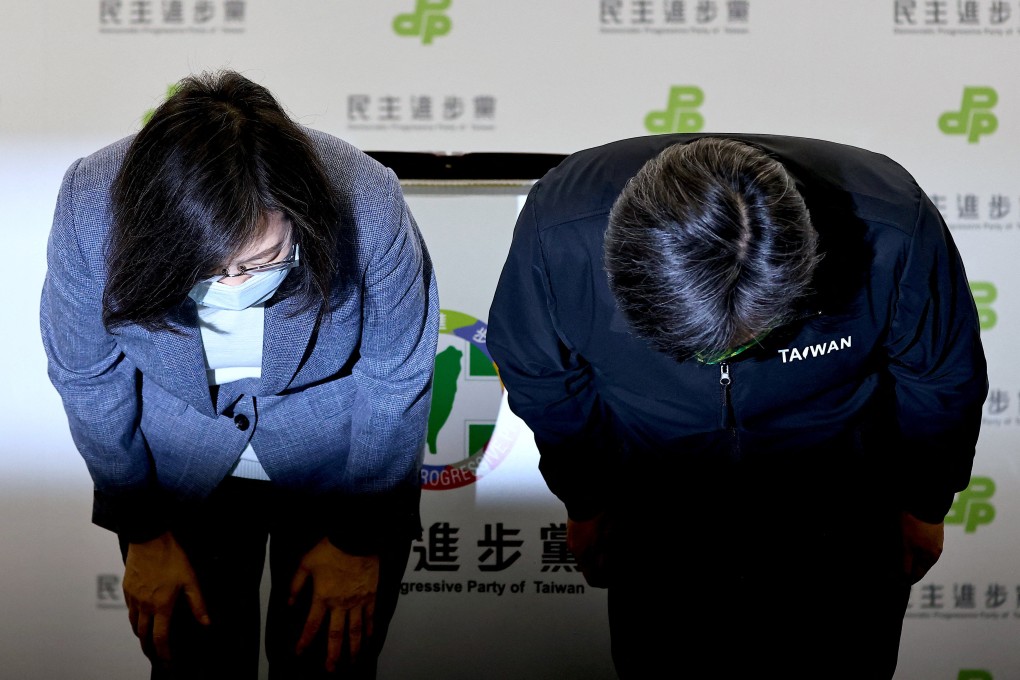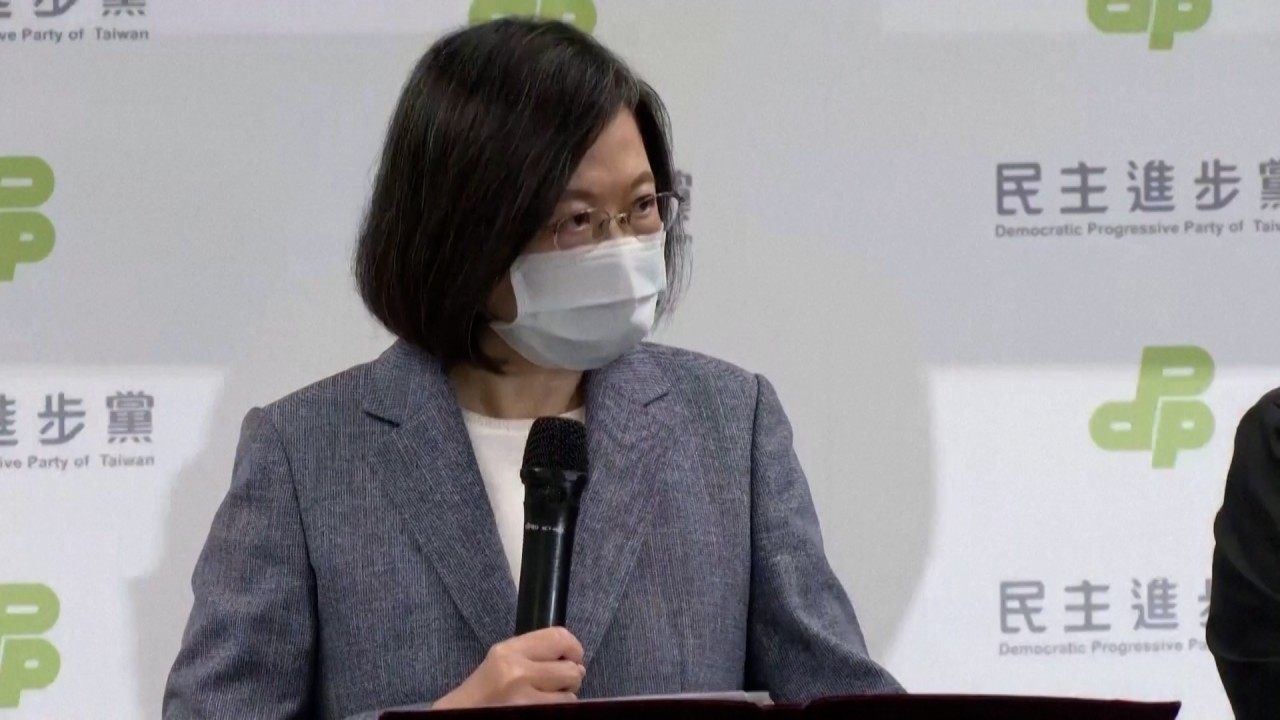Editorial | KMT sweep at local polls no guarantee of presidential victory in Taiwan
- Normally such ballots point to success at a higher level, but in the case of Taiwan and the DPP licking its wounds, this may not be so

Lower-tier elections, whether municipal or regional, tend to be seen as referendums on higher government and a pointer to the outcome of the next presidential vote. Taiwan’s local polls are no exception.
The Kuomintang (KMT), the island’s main opposition party, made big gains across the board at the expense of the ruling Democratic Progressive Party (DPP).
But in this case it is far from certain they will translate into success at the higher level. The presidential election – due in little more than a year – remains either party’s to win.
Local issues eclipsed the security strategy on which the independence-leaning DPP campaigned. Appeals to patriotism and concerns such as China-United States relations or the perceived threat from the mainland did not resonate strongly and failed to get supporters out.
The effect of Covid-19 on the economy, in the form of more unemployment and business shutdowns, did not help. Voters focused on domestic issues such as infrastructure, jobs, traffic congestion and held their grievances against the DPP.

